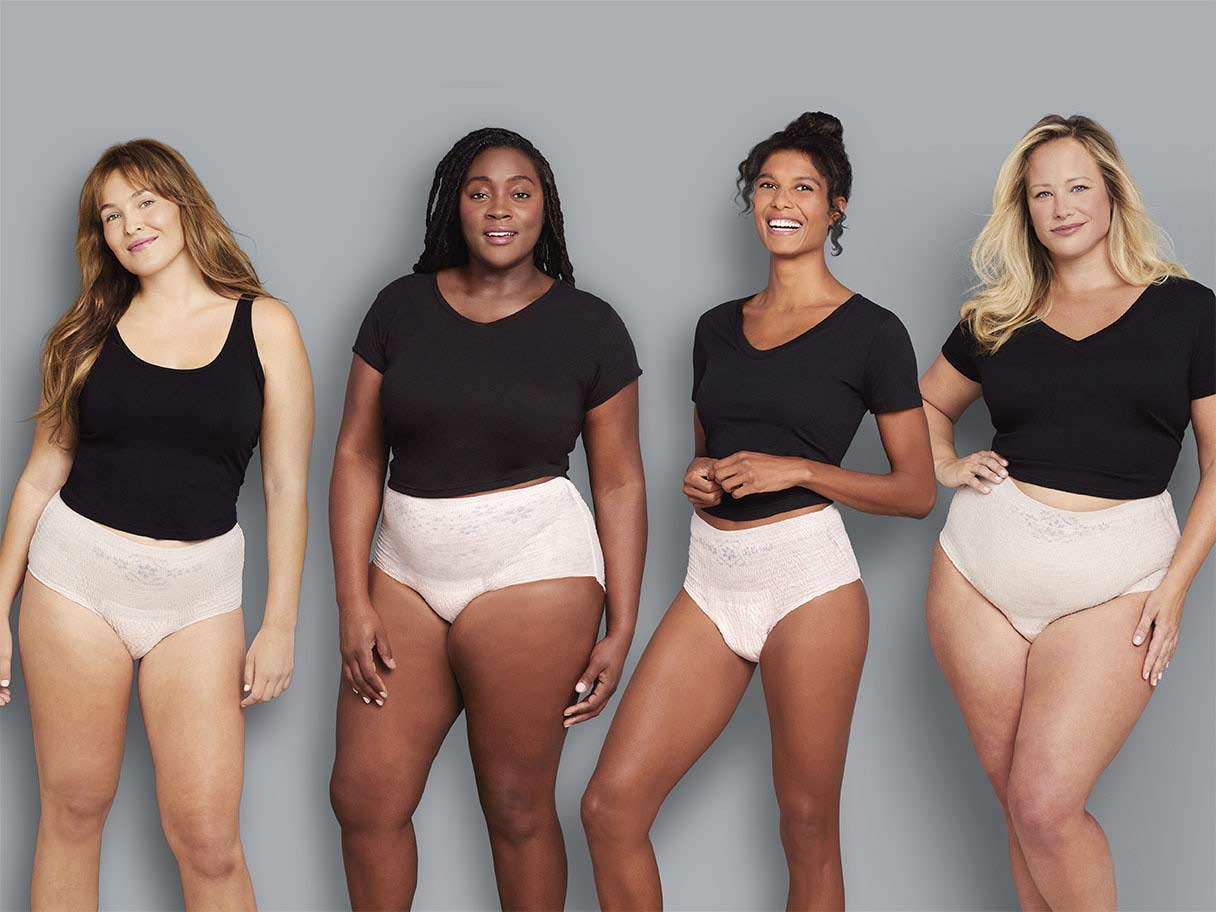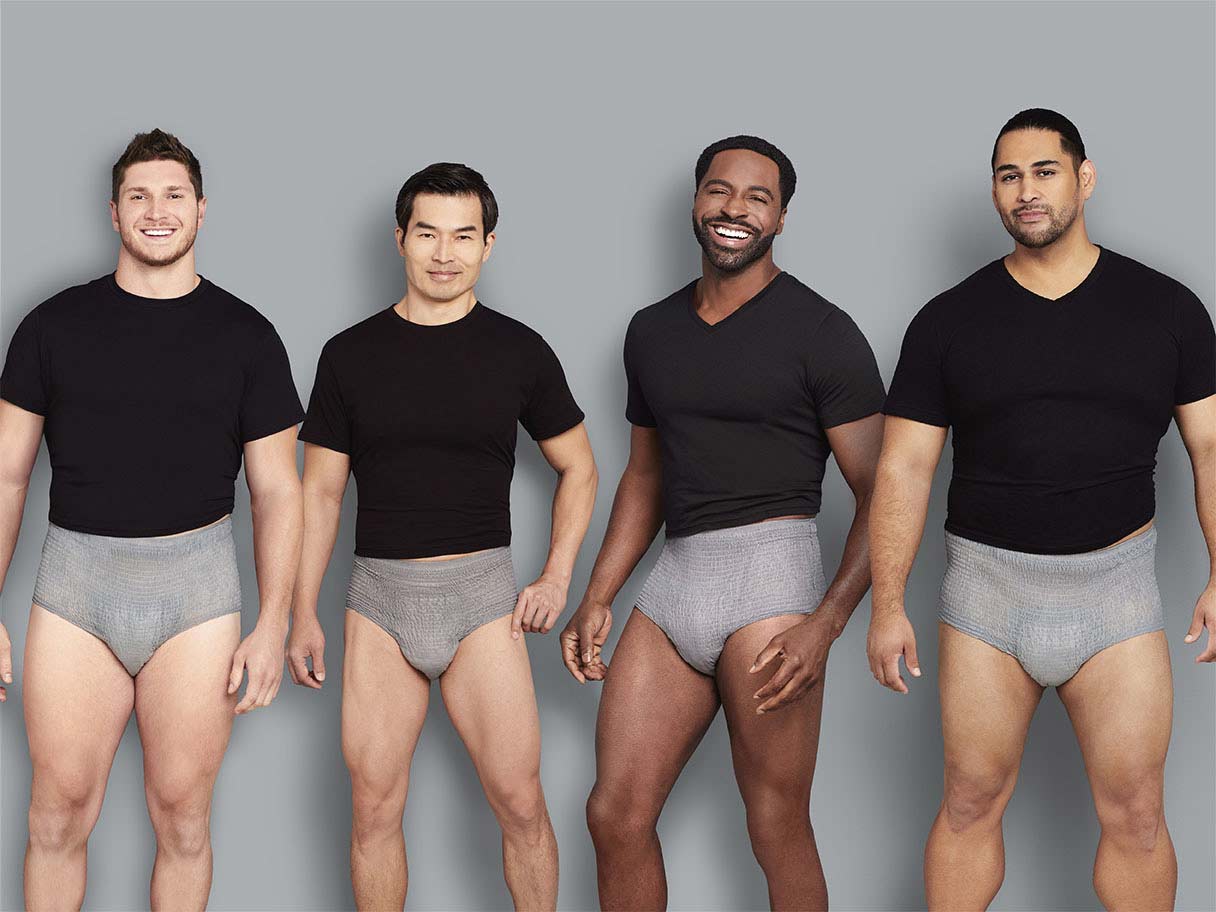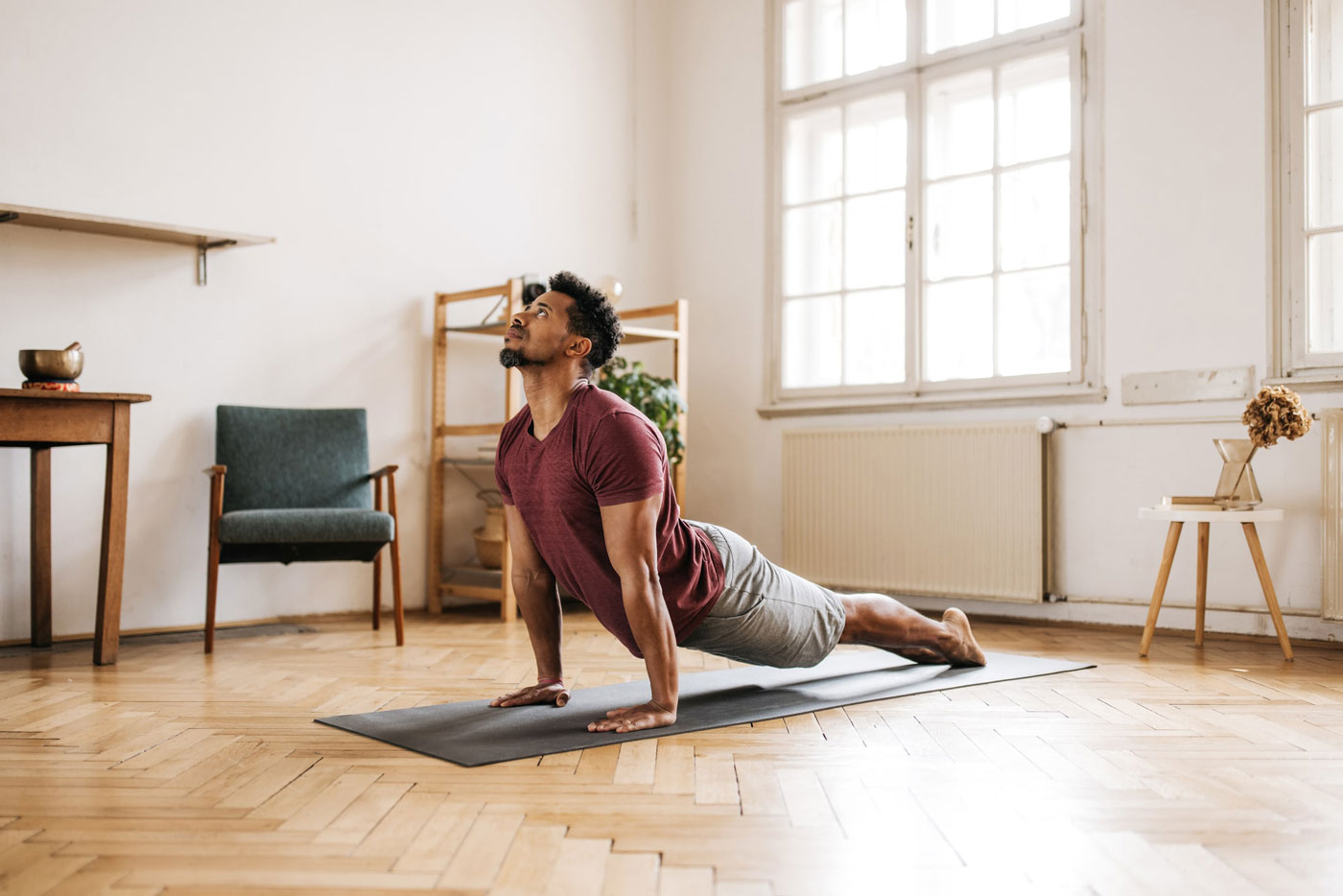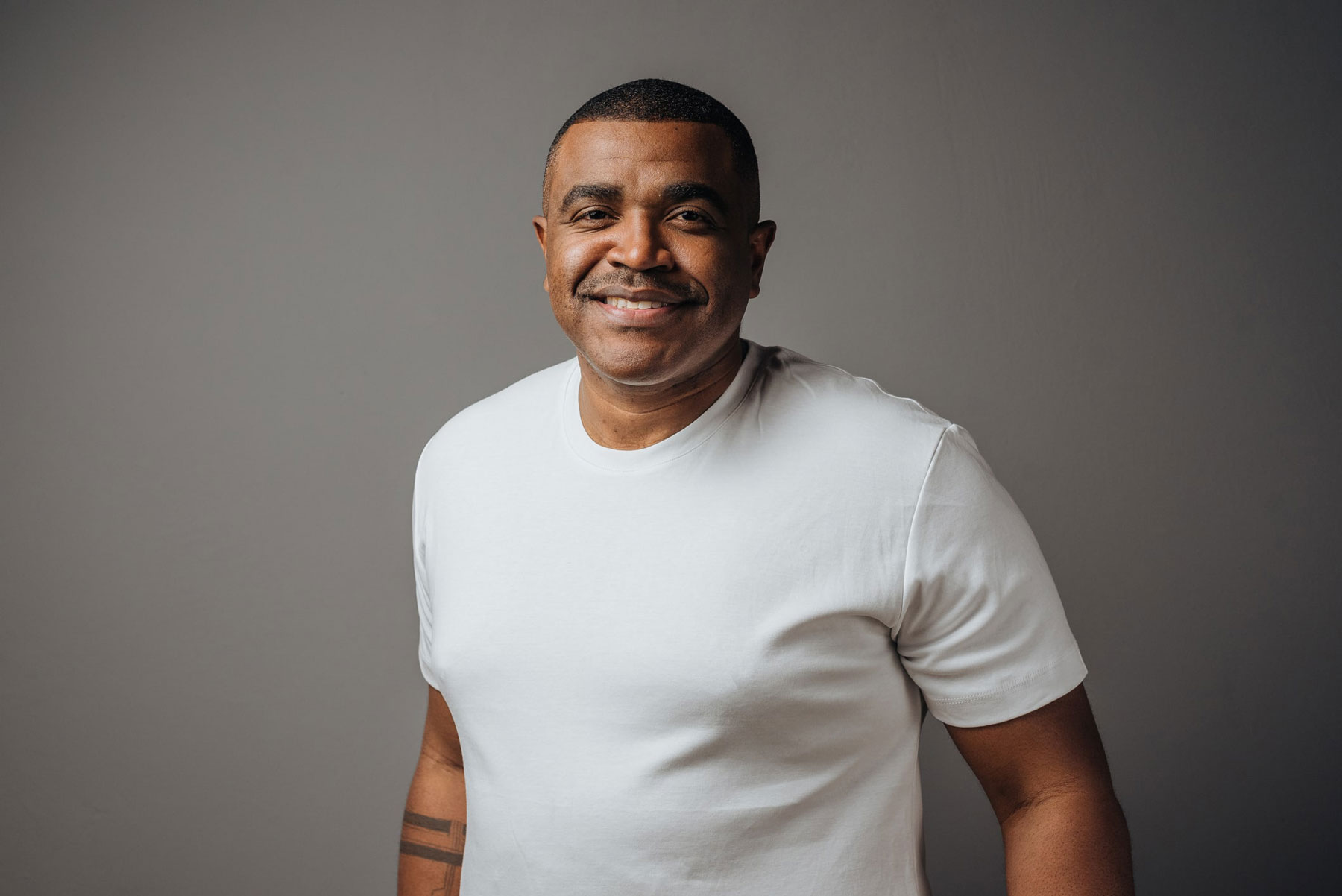Benefits of Weight Loss on Your Bladder
Is your weight affecting the health of your bladder?
You might be surprised to learn that being overweight can affect bladder leakage.
Below are some weight loss tips to help you achieve overall health. Here’s to a healthier you!
Understanding Bladder Health
Did you know that 13 million people in the U.S. experience urinary incontinence?
Having a healthy bladder and urinary system is important. This system is made up of the kidneys, ureters, bladder, and urethra . These organs all work together to remove waste from your body, control your electrolyte levels, and regulate your blood pressure.
However, when you gain weight, it puts pressure on this system and can cause you to have bladder leaks.
Reduced Bladder Pressure
Losing weight and decreasing pressure on your bladder is a proven way to help improve bladder leakage.
Improved Pelvic Floor Support
Your pelvic floor is important when it comes to dealing with bladder leaks. Your pelvic floor is responsible for supporting your pelvic organs, including your bladder, uterus, and bowel.
When there’s too much pressure on your pelvic floor, it can become weakened or damaged. By losing weight and strengthening those muscles, you give yourself and your bladder a boost.
Tips for Weight Loss
Weight loss doesn’t happen overnight. Planning, consistency, developing an exercise routine, and working with your medical provider are some ways to sustainably lose weight for a healthier bladder. Below, we share tips that you can start to implement today.

Keep a Food Diary
Before you change your diet, it's helpful to know what your dietary pitfalls might be.
Keeping a food diary may help you to understand your habits and triggers. Knowing this information will allow you to avoid things like emotional eating and help you to make good choices when it comes to satisfying your cravings.
Keeping track of these changes will also give you a tangible way to track your progress and give you a reason to celebrate your wins. You may also want to meet with a dietician.
Start by Making Small Changes to your Eating Habits
It's best to make small changes and not change everything at once.
Make changes like swapping your soda for water at dinner. Instead of eating chips, make plain popcorn for your next movie night and ditch the extra butter and processed seasonings.
Add in more fruits and vegetables, and cut down on processed, sugary foods.
Meal Prep to Avoid Temptation
Sometimes the last thing you feel like doing after a long day at work is cooking dinner. This is when takeout starts looking appealing, which can contribute to unhelpful habits.
Take some time over the weekend or at the start of your week, or at the end of your weekend, to plan a healthy menu for the week ahead. Prepare the ingredients or the meals in a way that suits your lifestyle. This way you don’t have to struggle to make healthy choices when you’ve already made them for yourself.
Get Active
As you add in healthier foods and adopt a new lifestyle, it is important to add in more movement. Some fun ways to keep your body moving and active include:
• Going for a walk around your neighborhood or in your favorite park. Invite some friends to make this experience fun and social
• Walking your dog
• Taking the stairs instead of the elevator
• Parking farther away and walking to your destination
• Dancing – either in a class or at home
• Playing with your kids
Start with 15- 20 minutes of exercise every day and work your way up to 150 minutes per week. This will help your body get used to regular movement and allow you to slowly increase your activity
Get Support
If you don’t know where to begin and you feel overwhelmed, you might want to use the guidance of your medical provider, a nutritionist, a trainer, or a loved one or friend. Having support on this journey will make it easier for you and help you to stick to your plan.
5 Bonus Tips for a Healthy Bladder
1. Cut down on alcohol and caffeine. Caffeine is a diuretic that is found in coffee, soda, and tea. As such, it is bound to have you running to the bathroom more often than you’d like.2. Do pelvic floor exercises. Kegels help you to have stronger pelvic floor muscles, which means more control and less leaking.
3. Relax when you’re peeing. If your bladder muscles are tense when you’re peeing, you might not be able to completely empty your bladder.
4. Quit smoking. Smoking has been shown to worsen symptoms by irritating your bladder.
5. Answer the call of nature. If you feel the need to go to the bathroom, try not to wait for too long before going. Holding in your urine for too long can weaken your bladder muscles and increase the risk that you become infected.
Learn even more about the different types of incontinence here.
Help Stay Protected from Bladder Leaks with Depend®
It’s time to take control of bladder leaks and live your best life. As you learn to manage your bladder health, check out Depend® Incontinence Products for Women and Depend® Incontinence Products for Men. With a variety of styles and absorbencies, Depend® is here to meet your bladder leakage needs and help you live your life more confidently.
Take our product quiz to find the best products for you.
“This content should not substitute medical advice from your personal healthcare provider. Please consult your healthcare provider for diagnosis or treatment.”





